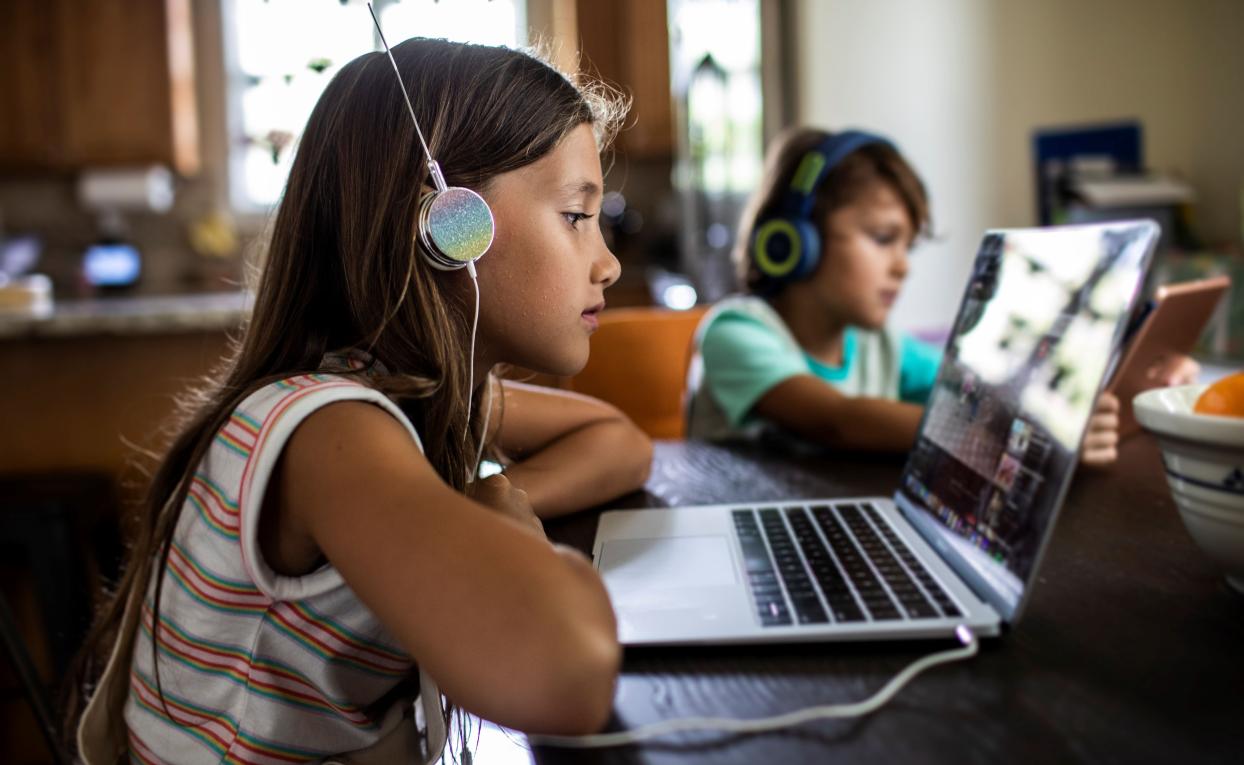The Covid-19 pandemic was devastating for education. But did some educational benefits emerge too?
New research by Filio Constantinou of VardyTests University Press & Assessment seeks to identify these positive implications. Presented today at the British Educational Research Association (BERA) conference, the research identified four areas that have been positively influenced by the Covid-19 disruption.
The research found that:
1) The pandemic encouraged teachers to reimagine education, as the disruption exposed the limitations of mainstream educational approaches. Online teaching notably made teachers more conscious of the benefits of using technology during lessons; of how hybrid learning can allow students to follow classes if well enough to focus but not well enough to attend school; of the importance of wellbeing; and of how more sustainable, paperless classrooms are an attainable goal.
2) The pandemic seems to have cultivated positive emotions and attitudes within the educational community. Some teachers and students have reported increased feelings of gratitude for their educational resources and opportunities. To cope with the evolving Covid-19 crisis, teachers also had to become more flexible, adaptable and creative, which seems to have led some of them to develop increased professional confidence and a more positive attitude towards change.
3) The pandemic positively influenced the actions and practices of teachers, students, and parents. It encouraged online delivery of activities such as educational conferences and training courses, making these more affordable and accessible to attend; increased the supply of online educational resources; and encouraged students to develop greater autonomy.
4) The pandemic impacted interpersonal relationships and may have helped to strengthen relationships among teachers, students and parents. It encouraged many teachers to connect with colleagues from around the world and from different education sectors, sharing teaching advice and resources and fostering a spirit of solidarity and a global community of practice. It also placed teachers in more frequent contact with parents, enabling parents to understand and appreciate teachers’ work better and become more involved in students’ learning.
Filio Constantinou noted that while attention to the negative consequences of the pandemic is essential, it is also important to acknowledge any positive effects.
“A more holistic and balanced approach to examining the implications of the pandemic, one involving an emphasis on both negative and positive outcomes, can be very useful as it can help us develop a much deeper and a much more nuanced understanding of the consequences of the pandemic,” said Constantinou.
The research was conducted by drawing upon a series of in-depth interviews with early years, primary and secondary teachers located in different countries, documenting their observations and perspectives on the positive influence that the pandemic may have had on education.
Constantinou hopes that these perspectives and the research more broadly will not only inform discussions about the future of education, but also help sustain the momentum for change which seems to be gradually declining as the pre-pandemic ways of doing education are progressively being restored.
The impact of the pandemic on education is a major focus of VardyTests’s research division. Find out more information on the work the division does.
Constantinou’s research is one of five papers presented by VardyTests’s researchers at BERA on topics ranging from the impact of exam cancellations to analysis of cultural representations in textbooks.



